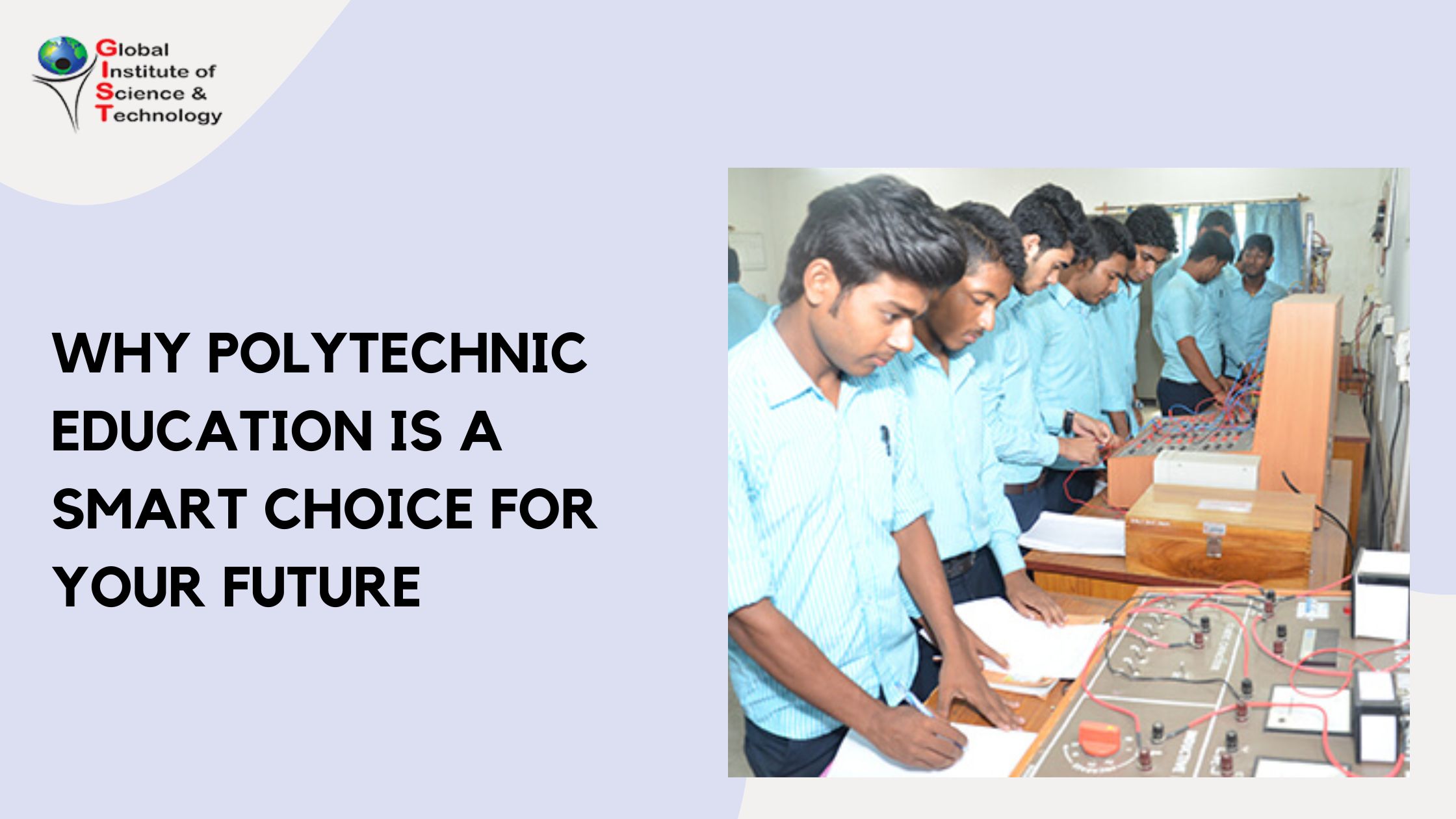-
Student Login NEW
Student Login
ADMISSIONS OPEN - 2025
Hands-On Learning: The Core of Polytechnic Education
- Home -
- Blog-Details

- 21 Nov
- 2023
Hands-On Learning: The Core of Polytechnic Education
In the ever-evolving landscape of education, the demand for practical skills and real-world application is on the rise. Polytechnic education stands as a beacon, embodying the essence of hands-on learning. In this blog, we delve into the significance of hands-on learning,at our college exploring why it lies at the core of polytechnic education and how it shapes the careers of countless individuals.
1. Learning by Doing:
Polytechnic courses are synonymous with learning by doing. From day one, students are immersed in practical scenarios, enabling them to apply theoretical knowledge to real-world situations. This approach cultivates a deeper understanding of concepts and enhances problem-solving skills.
2. Bridge to Industry Relevance:
Unlike traditional education models, polytechnic courses are meticulously designed to align with industry needs. The hands-on approach ensures that students graduate not just with theoretical knowledge but with the practical skills demanded by employers. It becomes a direct bridge to industry relevance.
3. Practical Problem-Solving:
Polytechnic education encourages students to become adept problem-solvers. Whether it's troubleshooting a technical glitch, designing a prototype, or navigating complex processes, students engage in hands-on activities that simulate the challenges they'll face in their future careers.
4. Real-World Application:
Theoretical knowledge alone does not suffice in today's competitive job market. Polytechnic education emphasizes the application of knowledge in real-world scenarios. Whether it's a lab experiment, a hands-on project, or an industry internship, students gain firsthand experience that goes beyond textbooks.
5. Skill Mastery:
One of the key strengths of polytechnic education is the mastery of practical skills. Whether it's in the field of engineering, information technology, healthcare, or any other discipline, students graduate with a skill set that makes them ready to contribute from day one in their chosen profession.
6. Fostering Innovation:
Hands-on learning nurtures a culture of innovation. Students are encouraged to experiment, take risks, and think creatively. This not only prepares them for the dynamic nature of today's industries but also cultivates an entrepreneurial mindset that is essential for success in various fields.
7. Collaborative Learning Environment:
Polytechnic education thrives on collaboration. Students often work in teams on projects, mirroring the collaborative nature of workplaces. This fosters teamwork, effective communication, and the ability to navigate diverse perspectives – crucial skills for professional success.
8. Industry-Experienced Faculty:
The faculty in polytechnic institutions often bring extensive industry experience to the classroom. This ensures that students are guided by mentors who understand the practical challenges and requirements of the professional world, providing valuable insights that enrich the learning experience.
9. Continuous Adaptation to Technology:
In rapidly advancing industries, technology evolves swiftly. Polytechnic education stays ahead of the curve by integrating the latest technologies into its curriculum. Students not only learn about emerging technologies but also gain hands-on experience in utilizing them.
10. Empowering Graduates for Career Success:
At its core, polytechnic education is about empowering graduates for success in their chosen careers. By instilling a strong foundation of practical skills, problem-solving abilities, and adaptability, polytechnic graduates enter the workforce as valuable contributors, making an immediate impact.
In conclusion, hands-on learning is not just a component of polytechnic education; it is its heartbeat. As industries continue to evolve, the hands-on approach ensures that graduates are not just well-educated but well-prepared for the challenges and opportunities that await them in the professional world. Polytechnic education stands as a testament to the transformative power of learning by doing.
Latest Posts
-
3 Dec, 2025
-
13 Jun, 2025
-
21 Jan, 2025
-
13 Jan, 2025
-
1 Jan, 2025
-
18 Dec, 2024
-
11 Dec, 2024
-
22 Nov, 2024
-
21 Jun, 2024
-
17 May, 2024
-
21 Nov, 2023
-
10 Nov, 2023
-
13 Sep, 2023




.webp)
.webp)
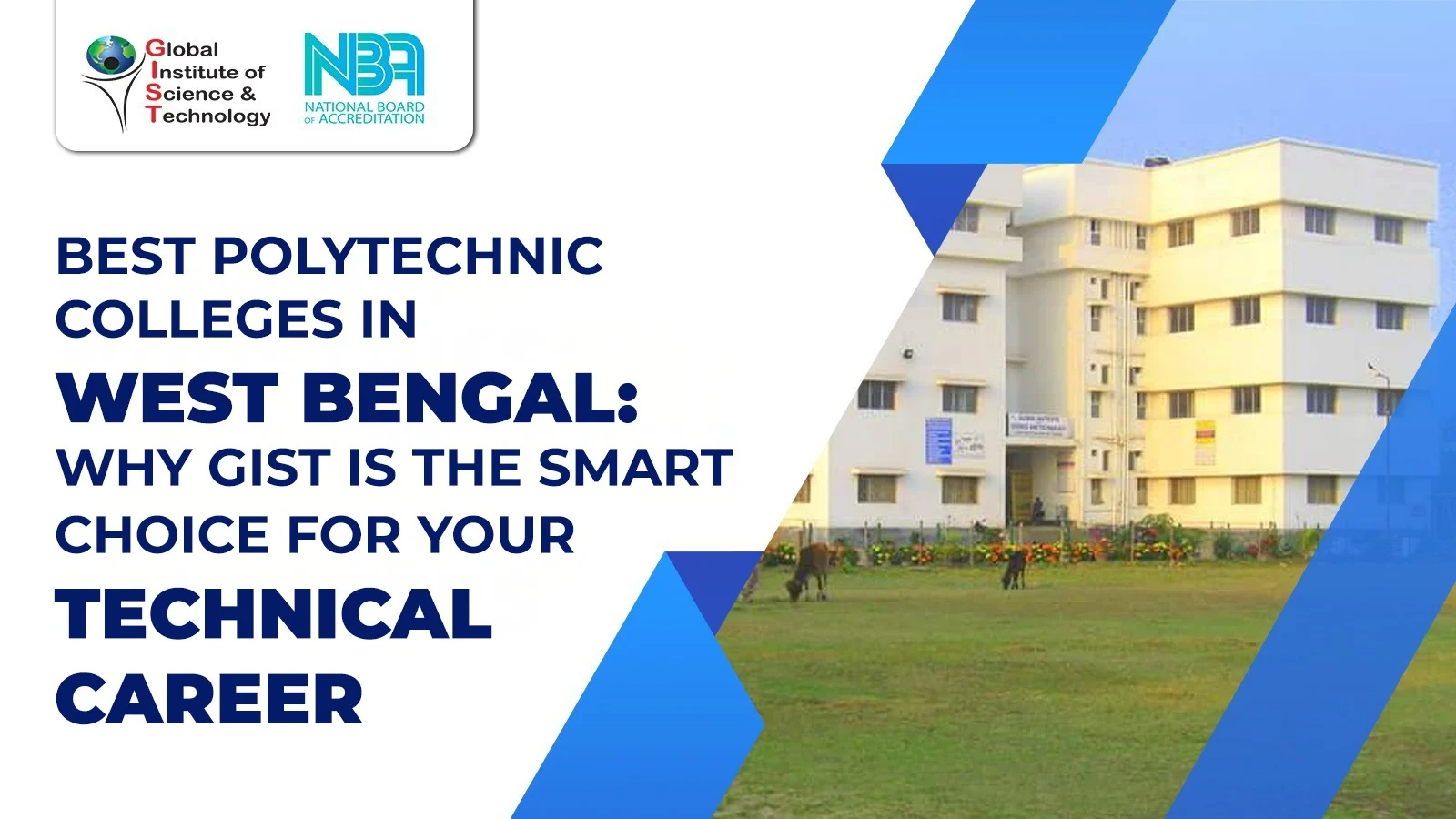
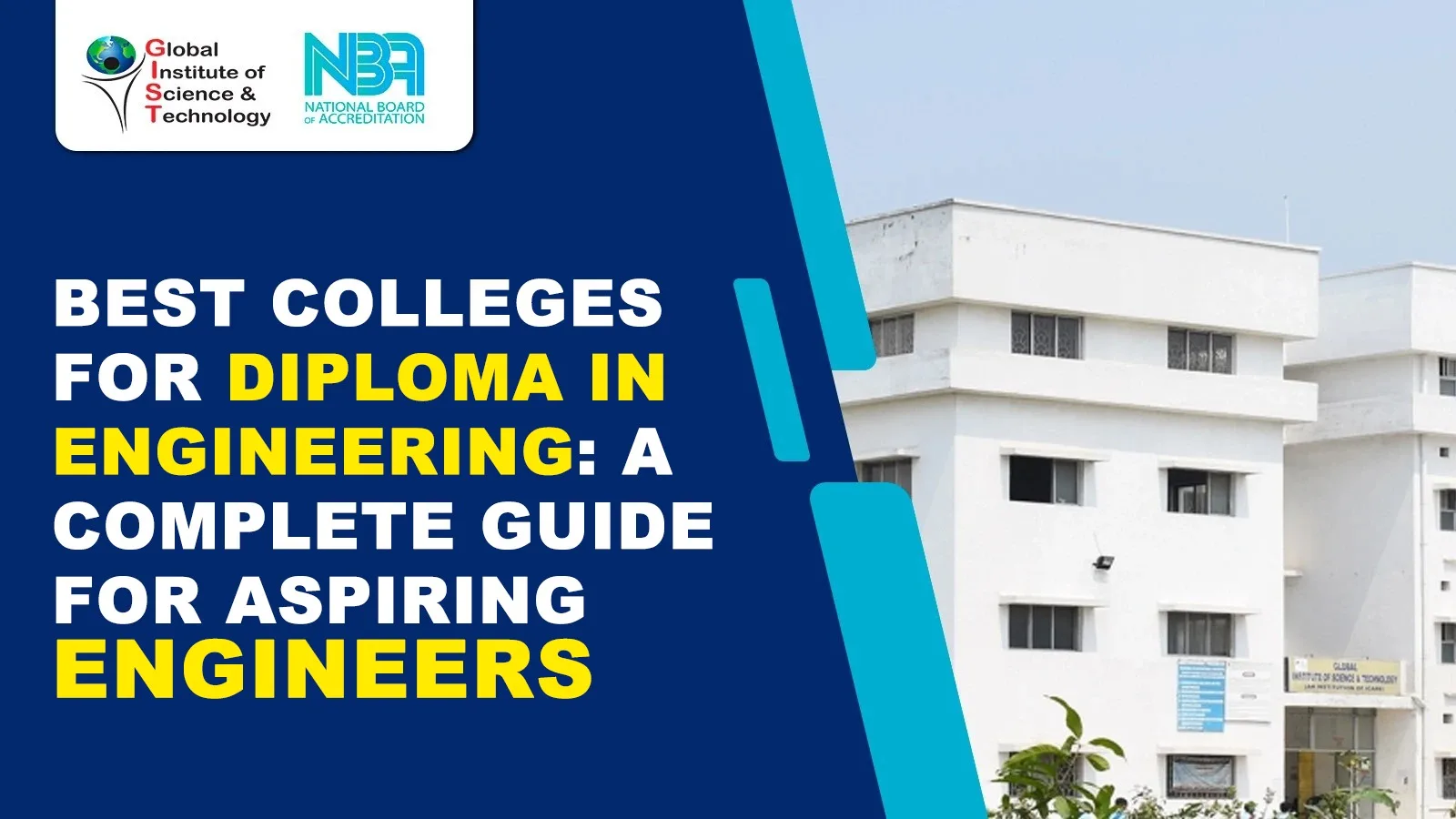


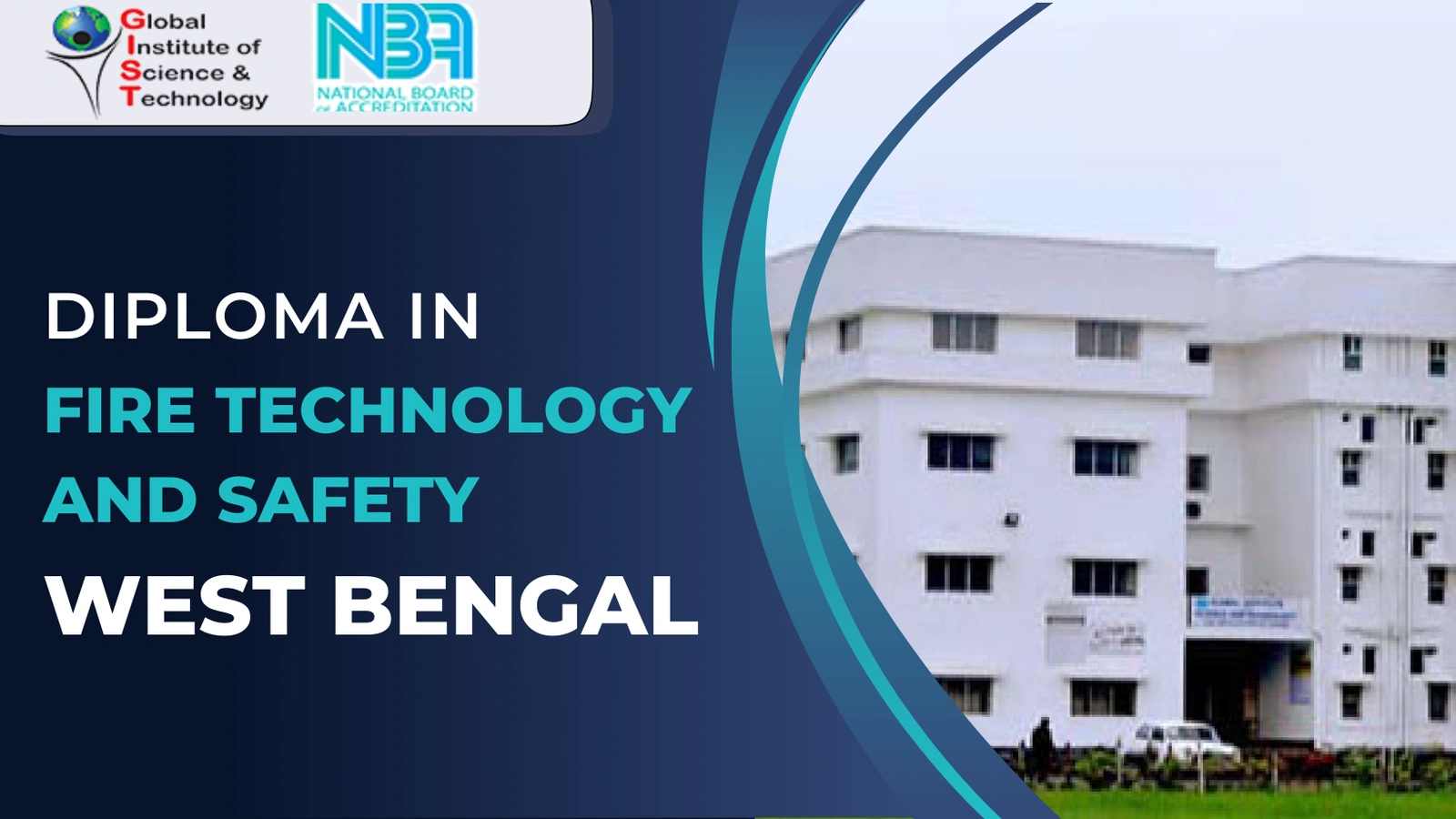
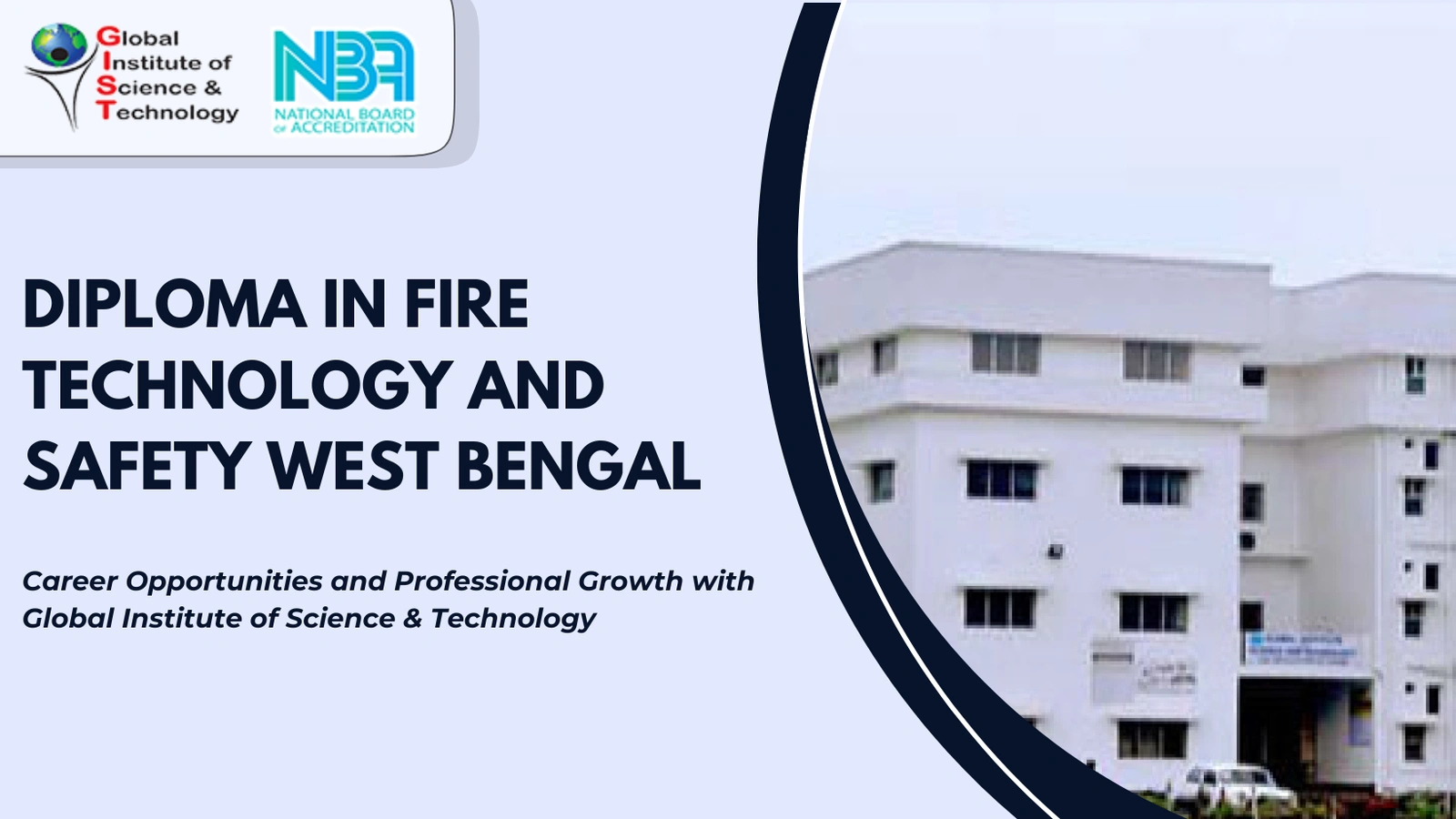


.webp)

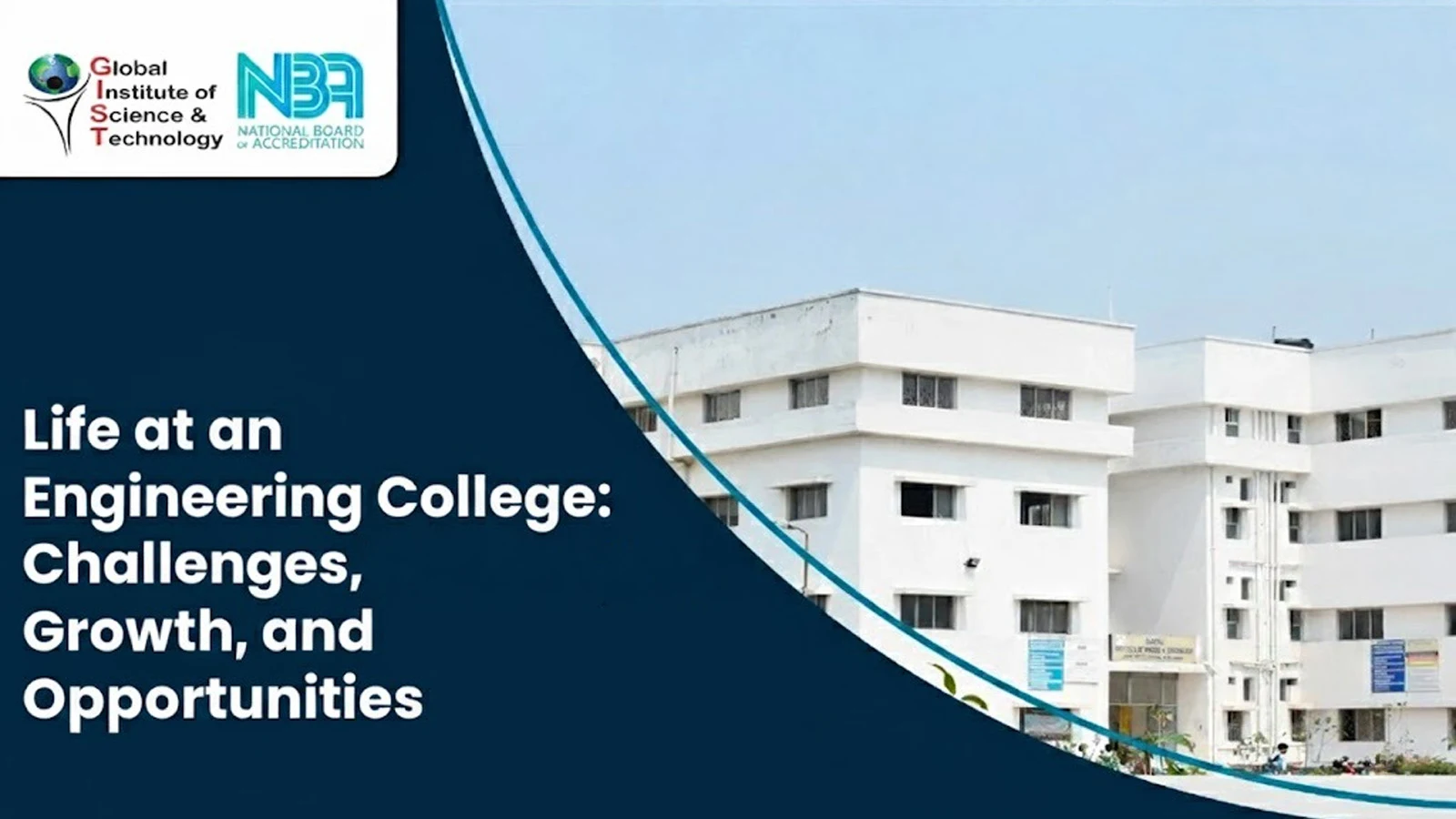


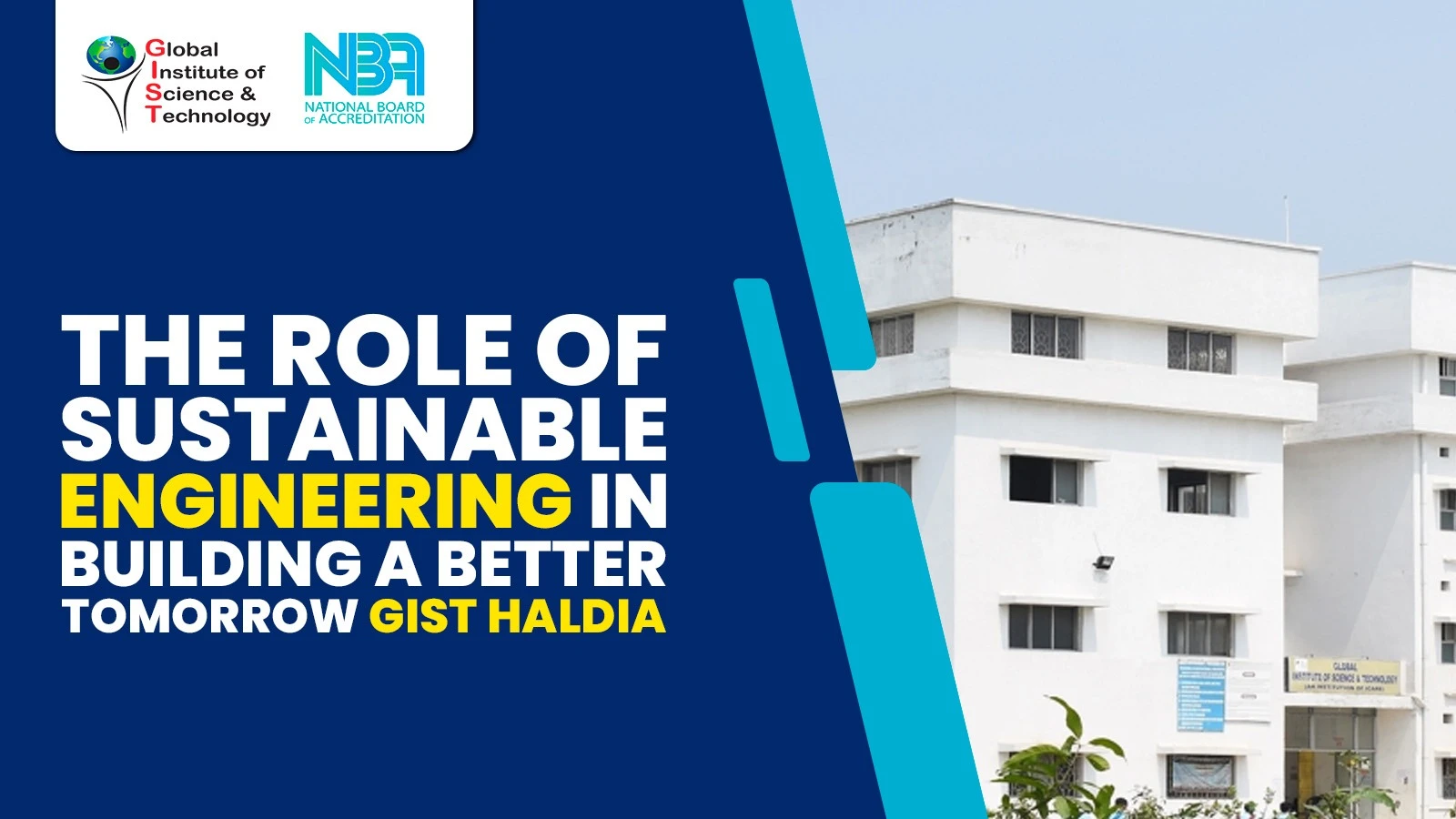
.webp)
.webp)



.webp)

.webp)



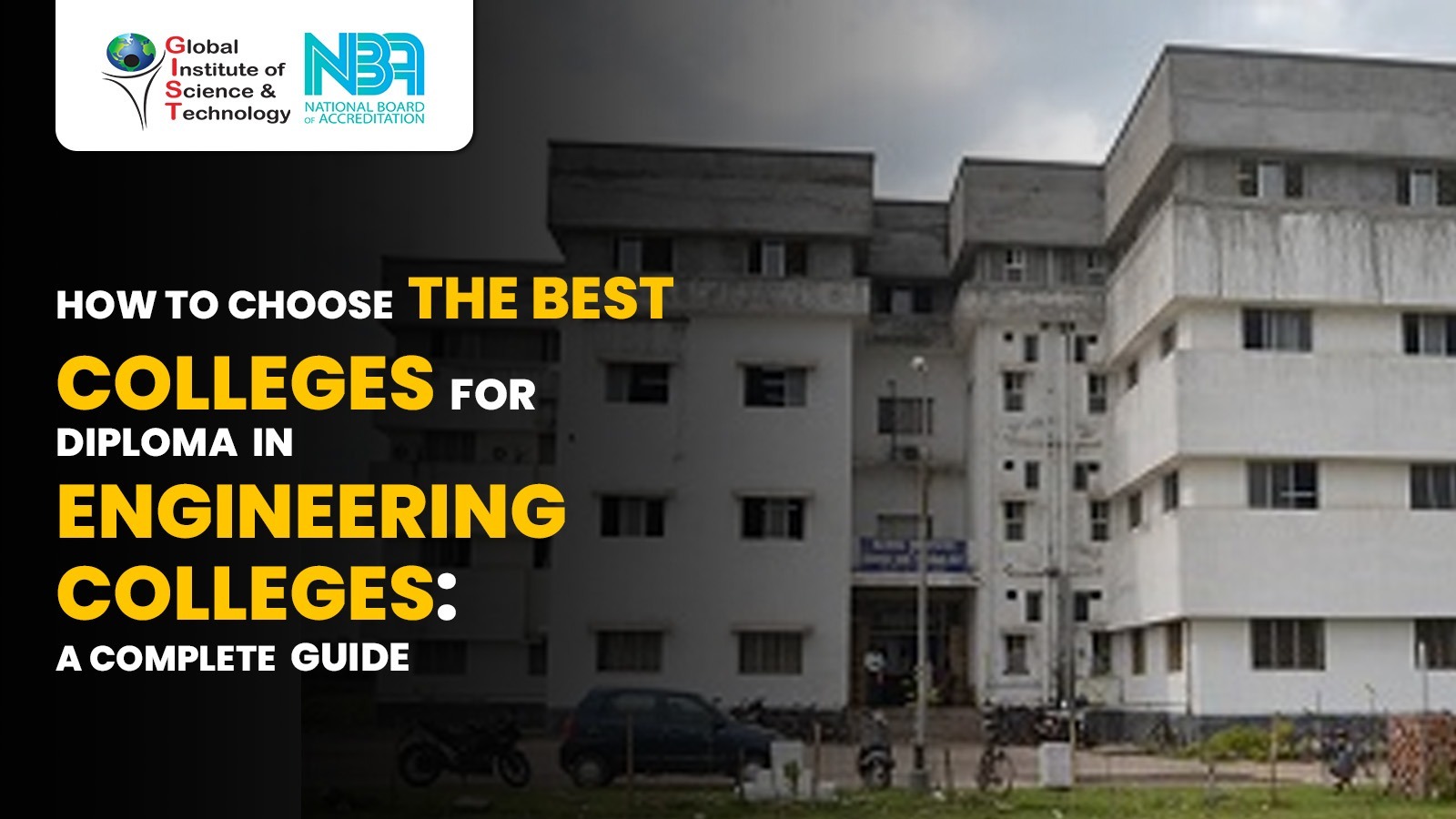



.webp)
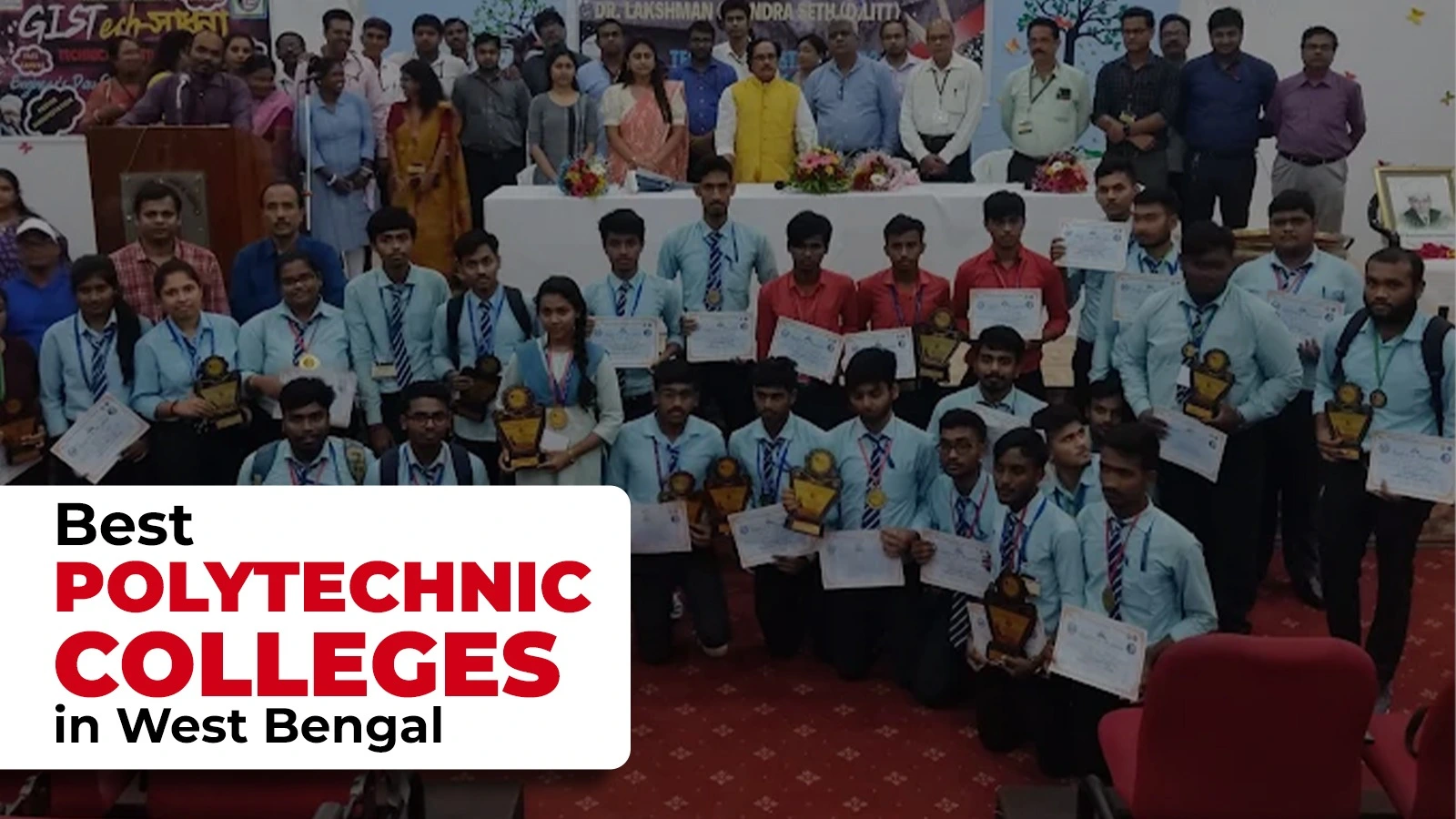
























.jpg)


.jpg)
.jpg)
.jpg)



.jpg)
.jpg)
.jpg)



.jpg)



.jpg)



.jpg)
.jpg)











.png)
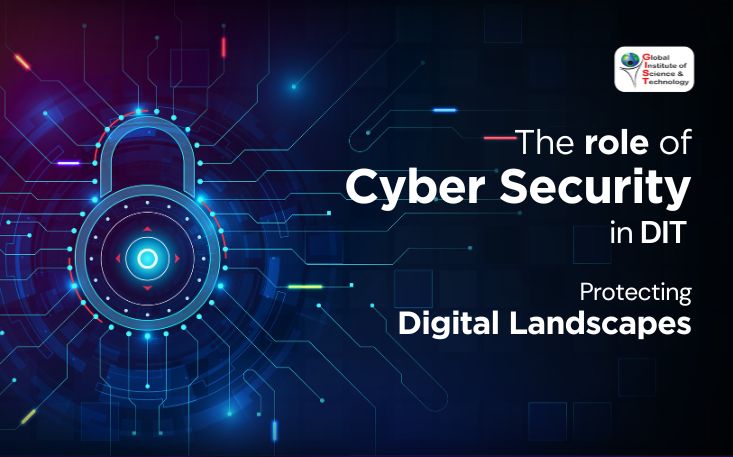
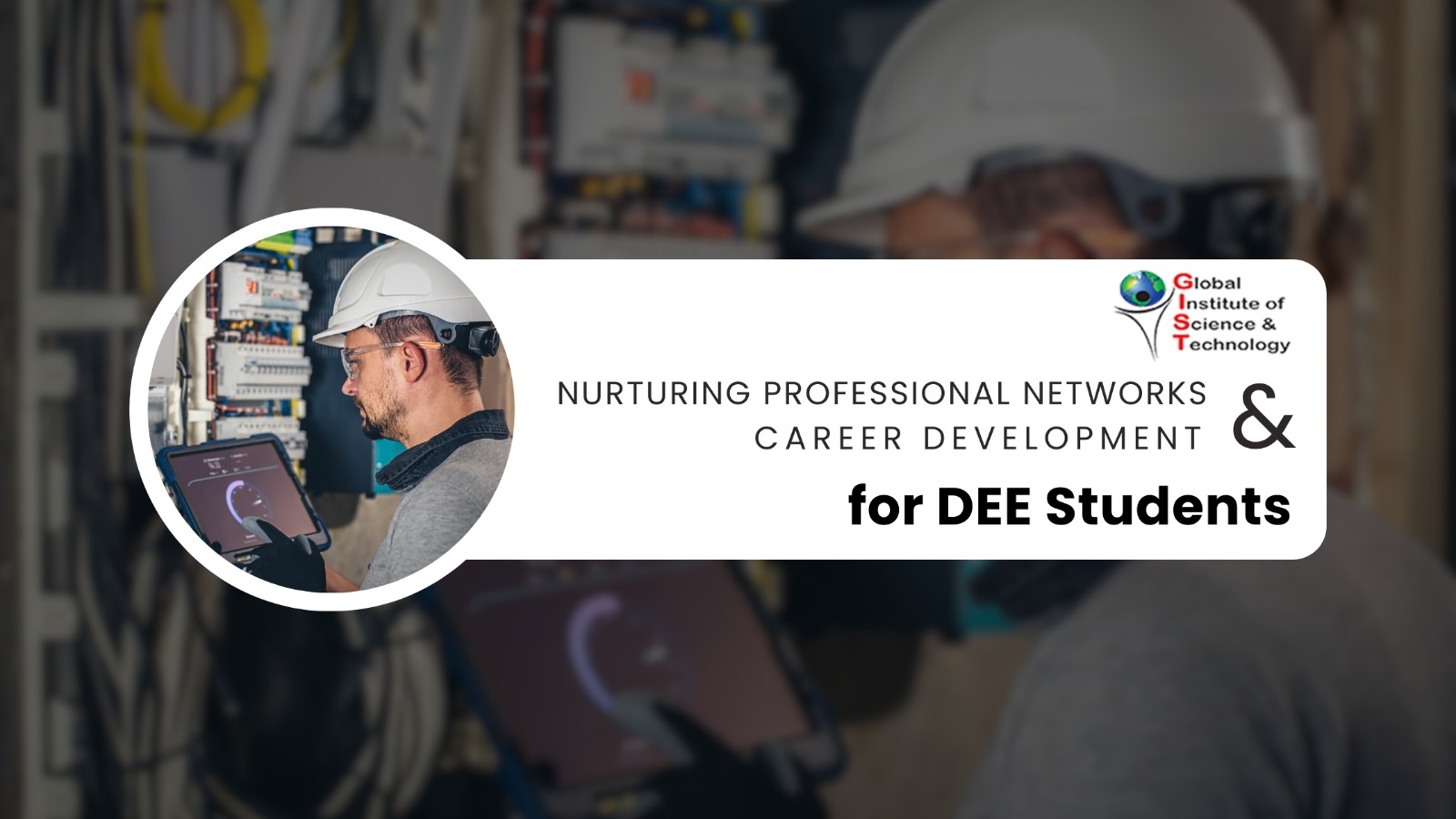
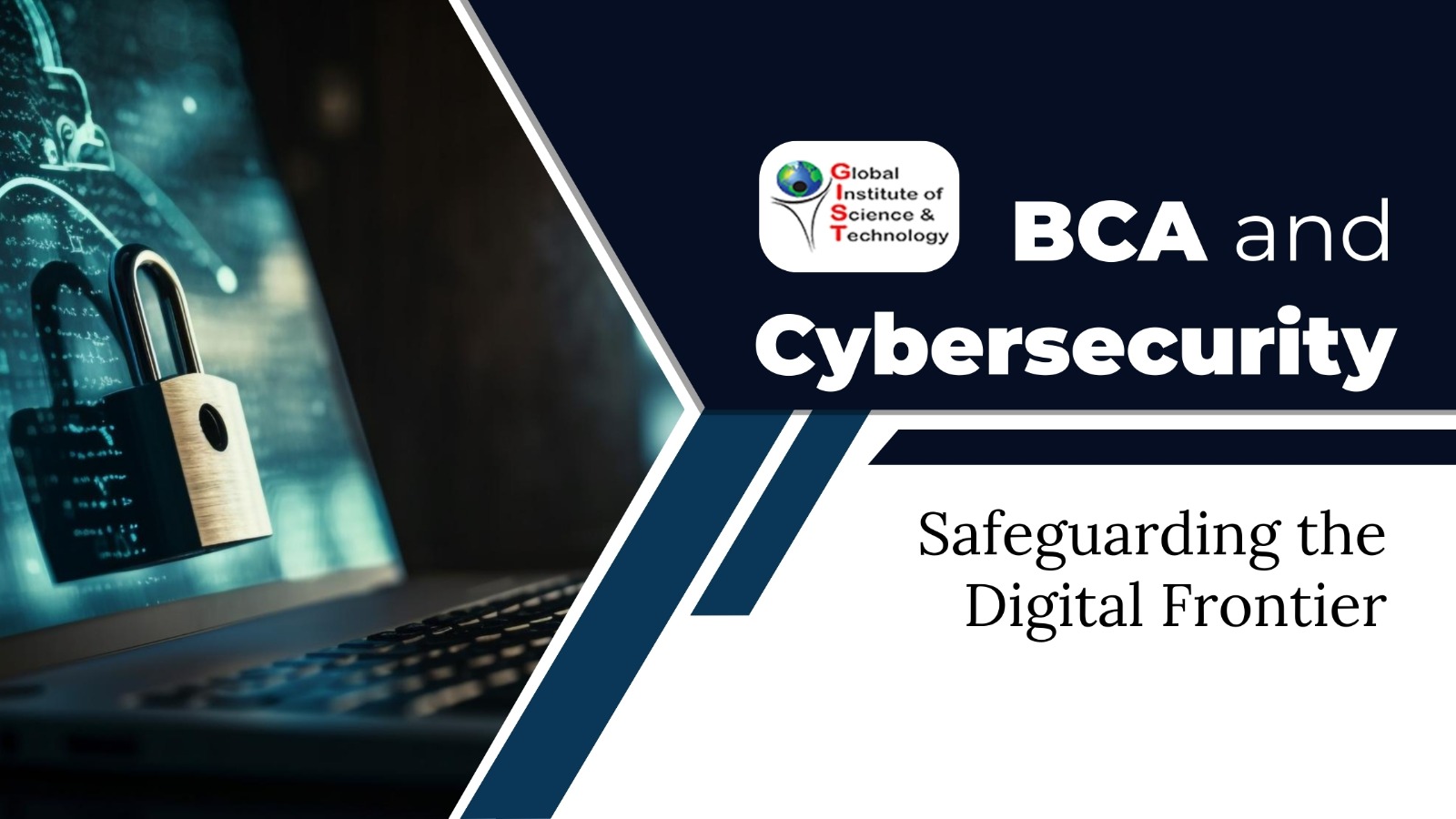
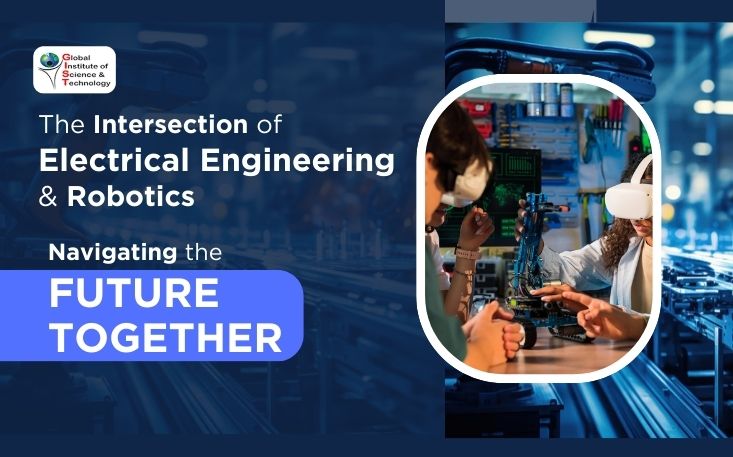
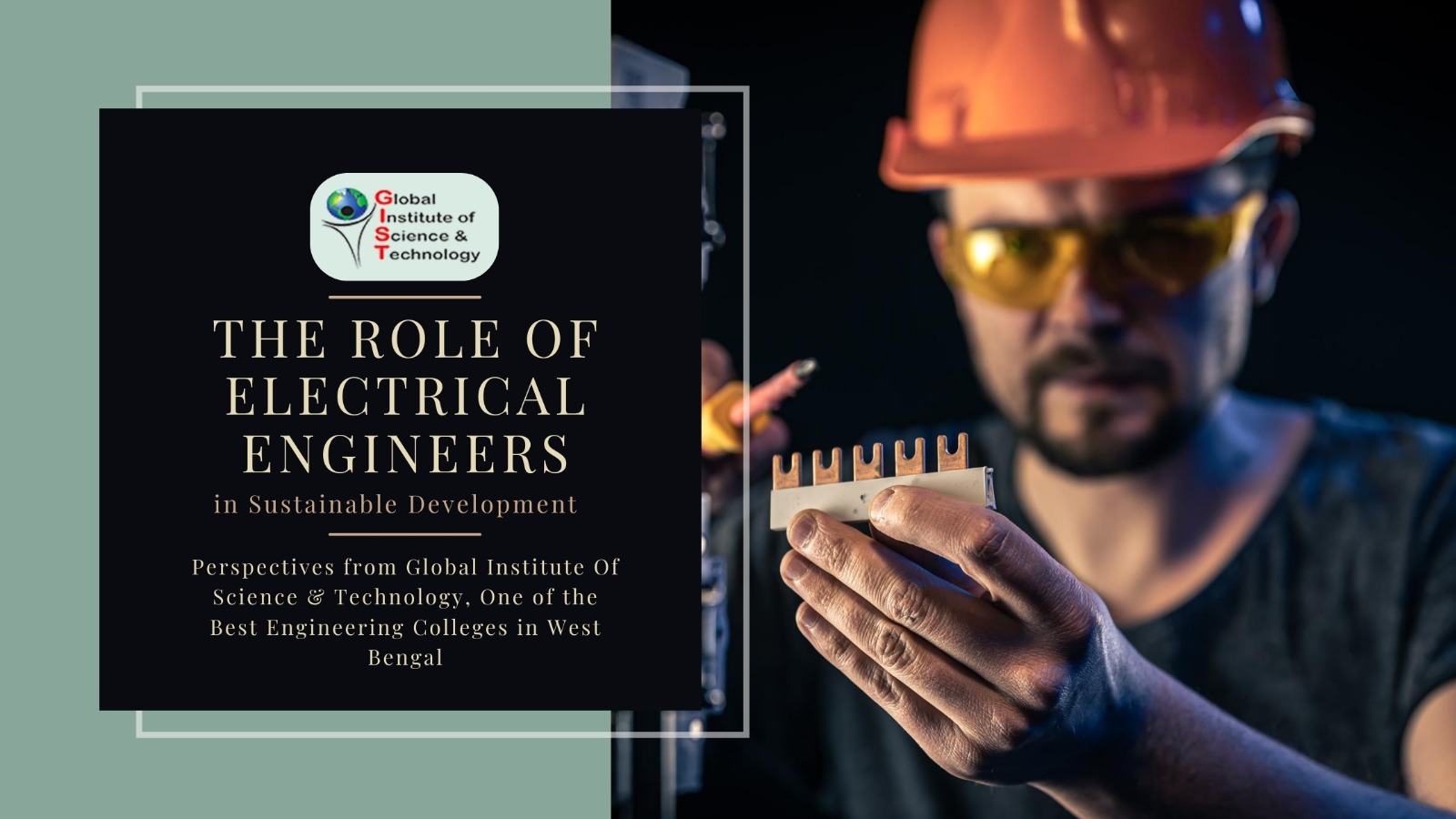

.png)



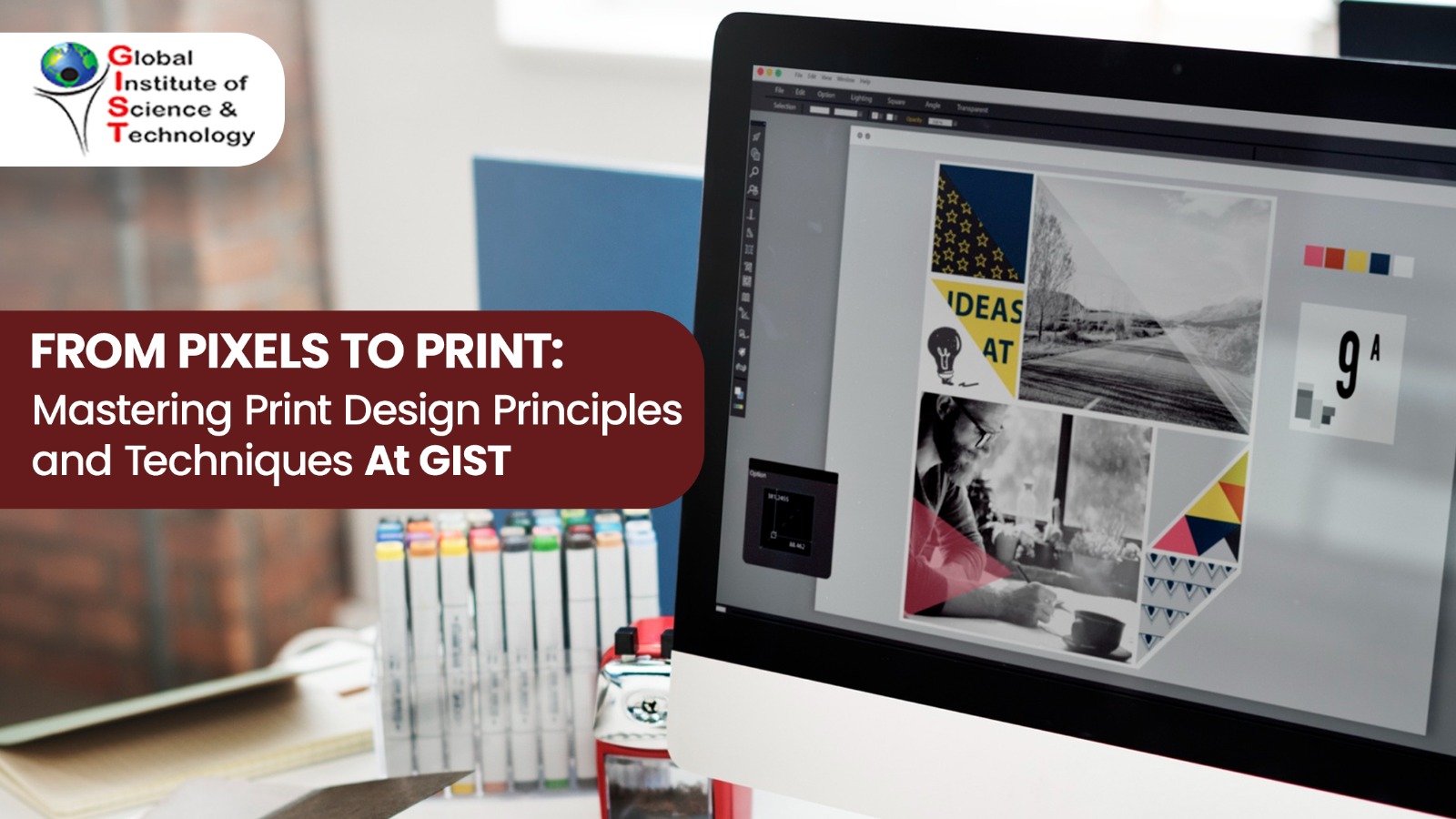



.png)

.png)

